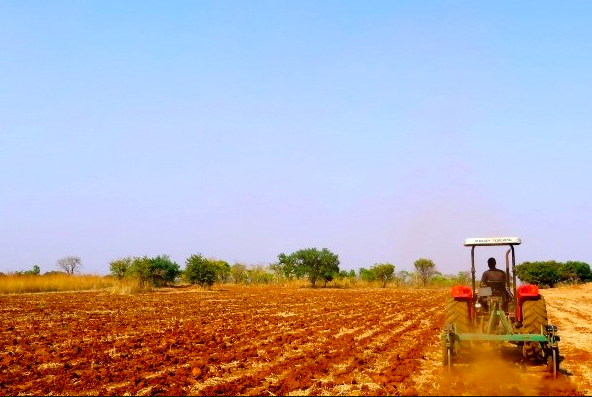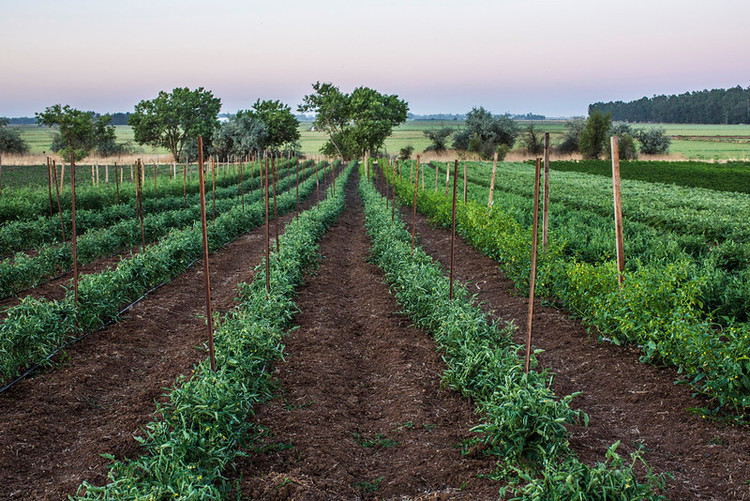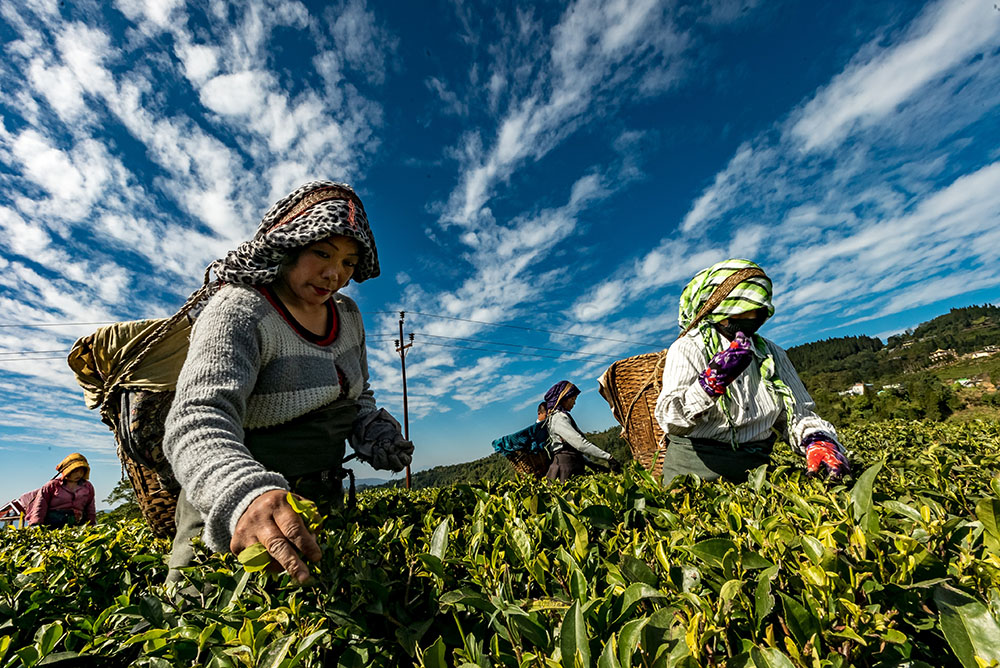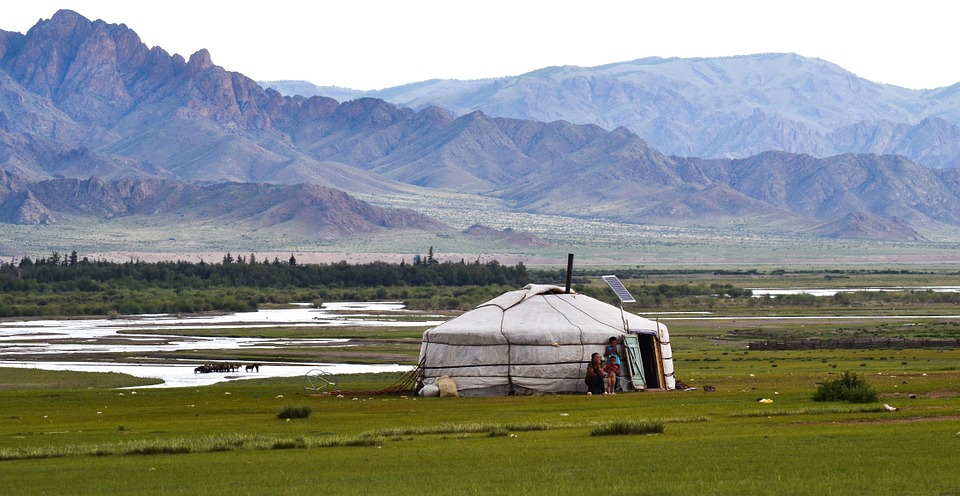Having and using information has always been a powerful force for change, helping to fight corruption, enabling citizens to participate more fully in public life and allowing people from all walks of life to exercise their fundamental human rights. We are living in a time in which paradoxical topics such as ‘fake news’ and ‘big data’ are part of our everyday lives. These discussions are symptomatic and reflective of the fact that now, more than ever, we need everyone from change makers and heads of state, to members of academia, to make decisions that are evidence-based, track progress and clearly measure accountability.
This story in particular follows the path of Land Portal user Anthony Mushinge. His work spans a wide range of disciplines. He is both a researcher and lecturer with an interest in governance in land management and administration. He joined academia in January of 2012, after having worked in real estate in both the private and public sectors.
As a researcher, student and lecturer, I’ve always been acutely aware that finding reliable and up to date information is part of my daily mission. I rely on the hard facts to substantiate my claims, to generate new ideas, and to equip the next generation with the tools that they need. It was in my role as a student, however, that I first came to know about the Land Portal, while completing my Master’s degree in Land Management at the Technical University of Munich. My Master’s thesis, entitled “An Evaluation of the Lands Tribunal in Resolving State Land Disputes in Zambia”, meant that having information that was organized by country was very important to me. The same holds true for my Doctoral dissertation, “The Role of Land Governance in Improving Tenure Security in Zambia: Towards a Strategic Framework for Preventing Land Conflicts”. My research often brings me back to various parts of the Portal and today still, on a fairly regular basis, I visit the Land Portal to get reliable news on land related matters, as well as to contribute to the many discussions which take place. These discussions allow me to go beyond the facts, understanding different points of view from colleagues around the world.
While the Land Portal does a great job of aggregating information onto one virtual space, showcasing the work of students, in the form of the graduate or doctoral theses, would help to enrich the range of knowledge. If there is one thing I have learnt, it is that we should not dismiss the facts, knowledge and information coming from the younger generation, but instead shed a light on it. This helps us to gain new and innovative ideas, but also instils in students the confidence that they need and to build their own capacities. Land rights is an evolving movement and with that comes change through the generations. It is essential that we need to hear and listen to them and the Land Portal is a good place to start.




